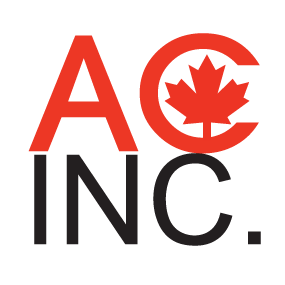
The Atlantic Immigration Pilot is a pathway to permanent residence for skilled foreign workers and international graduates who want to work and live in one of Canada’s 4 Atlantic Provinces in Canada
1.Newfoundland & Labrador
2. Prince Edward Island
3. Nova Scotia
4. New Brunswick
To immigrate to Atlantic Canada through the pilot, you can be living abroad or already be in Canada temporarily.
You must receive a job offer from a designated employer in Atlantic Canada to participate in the pilot.
If you receive a job offer from an employer:
- ask for a copy of the employer’s Confirmation of Designation, or
- Tell them about the Atlantic Immigration Pilot and ask them to consider becoming designated.
When a designated employer offers you a job, you must make sure you meet the employment requirements listed in the National Occupational Classification. Your job offer doesn’t need to be in the same field as other jobs you’ve had.
Meet the Requirement
Atlantic International Graduate Program
In general, you must:
- have a degree, diploma or other credential from a publicly funded institution in an Atlantic province
- have lived in an Atlantic province for at least 16 months in the 2 years before getting your degree, diploma or credential
- take a language test to show you can communicate in English or French
- show you can support yourself and your family when you come to Canada
Work experience is not required for international graduates hired through the Atlantic Immigration Pilot.
The employer must also meet certain requirements
Atlantic High-Skilled Program
In general, you must:
- have worked in a management, professional or technical/skilled job for at least a year
- have at least a Canadian high school diploma or equivalent education
- take a language test to show you can communicate in English or French
- show you can support yourself and your family when you come to Canada
The employer must also meet certain requirements.
Atlantic Intermediate-Skilled Program
In general, you must:
- have worked in a job that requires a high school education and/or job-specific training for at least a year
- have at least a Canadian high school diploma or equivalent education
- take a language test to show you can communicate in English or French
- show you can support yourself and your family when you come to Canada
The employer must also meet certain requirements.


